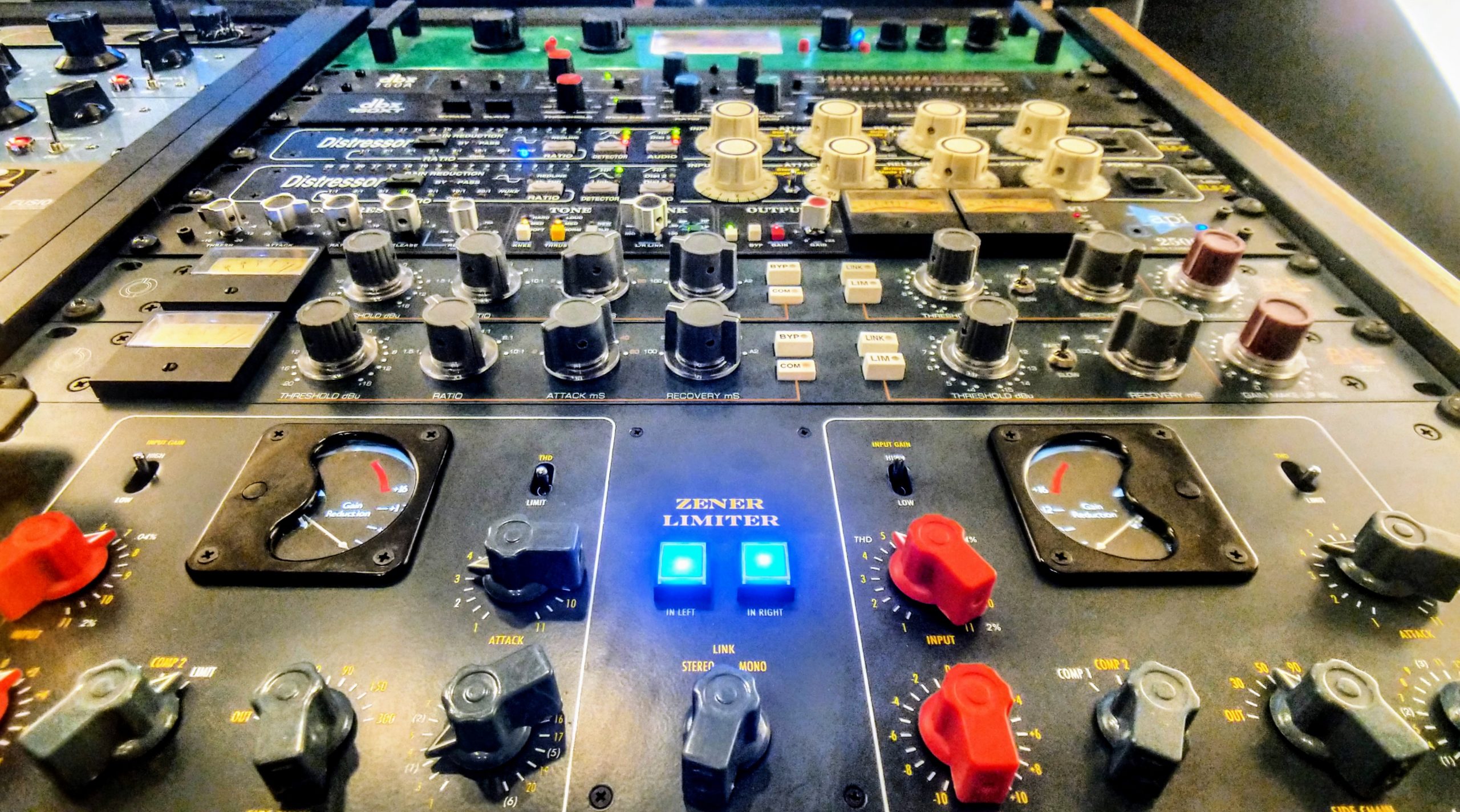
Audio mastering is the final step in the audio production process before the music is released to the public. It involves a series of technical and creative processes that prepare the audio for distribution on various platforms, such as CDs, digital downloads, and streaming services. Here’s a breakdown of the audio mastering process:
- Pre-Mastering: Before the audio mastering process begins, it’s important to ensure that the mix is as good as possible. This means that the mix should be balanced, with all the instruments and vocals sitting well together. The mix engineer will export a high-quality, unmastered mix to be sent to the mastering engineer.
- Audio Analysis: The mastering engineer will analyze the audio to identify any issues that need to be addressed, such as unwanted noise, clicks, pops, or distortion. They will also check the levels of the audio to ensure that they are consistent and at the appropriate volume.
- EQ and Compression: The mastering engineer will use equalization (EQ) and compression to balance the tonal balance of the mix, to ensure that the frequency response is consistent across the entire track. They will also use compression to control the dynamic range of the mix and make it more suitable for various listening environments.
- Stereo Widening: The mastering engineer may also use stereo widening techniques to make the mix sound more spacious and open. This can be done using stereo EQ, reverb, or other stereo processing tools.
- Limiting and Loudness: The mastering engineer will use limiting and other techniques to maximize the loudness of the mix, while ensuring that the dynamics are preserved. They will also make sure that the audio is optimized for playback on various platforms, such as streaming services, by conforming to the required loudness standards.
- Quality Control: After the mastering process is complete, the mastering engineer will listen to the final mastered audio to ensure that it meets their standards, and that it sounds good on different types of playback systems. This is the final quality control step before the music is released to the public.
- Delivery: The final mastered audio will be delivered to the client in the desired format, ready for distribution on various platforms.
Overall, the goal of audio mastering is to ensure that the music sounds as good as possible, and is optimized for playback on various platforms. By using a combination of technical and creative processes, the mastering engineer can enhance the mix and make it sound more professional, consistent, and polished.